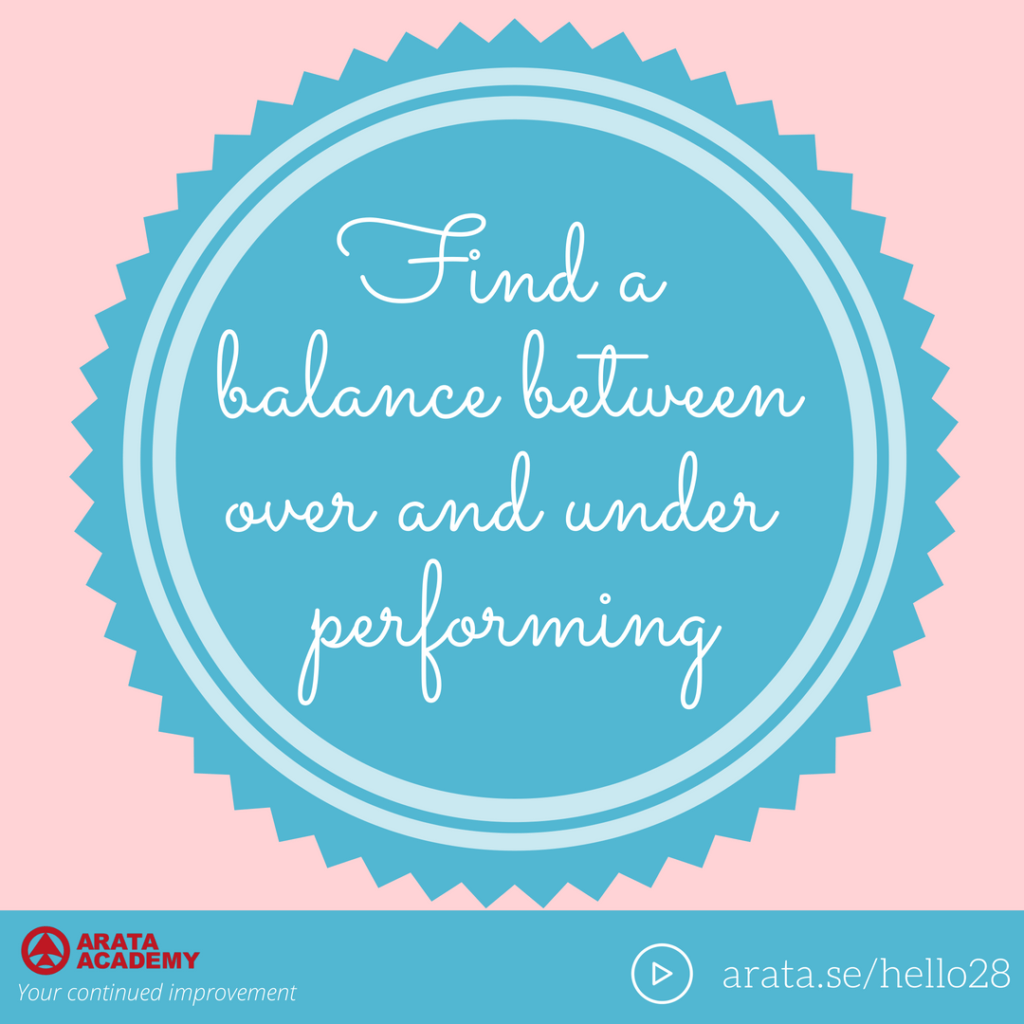Hello! Seiiti Arata. Unhealthy relationships are stifling: neither person in the relationship can live life at full potential, and, as much as they love each other, they end up hurting each other.
This video is applicable to romantic relationships but also those within families, and even professional dynamics. On the one hand you have the person who overperforms … and on the other hand you have the one who underperforms.
In a healthy relationship, both people perform at a FUNCTIONAL level: they can handle decision-making processes, overcome difficulties and are productive enough to manage the important things in life. In other words, each person is independent and can take care of him- or herself.

When we think of healthy relationships, we are thinking at the level at which we satisfactorily conduct our social roles as father / mother, son / daughter, girlfriend / boyfriend, wife / husband, boss / employee. We take responsibility for our results.
Outside this healthy range, there are those who underperform and those who overperform.
Underperformers cannot make decisions or do anything on their own. They are paralyzed with fear and panic. Underperformers procrastinate. They sabotage themselves—even though they have potential, they choose to do nothing.
Underperformers do not take responsibility for their lives and usually blame others for their problems, displaying immaturity, complaining and being too lazy to do anything. Or maybe they are afraid, and they get involved with drugs, gambling or anything that allows some escape from reality.
At the other end of the spectrum is the person who overperforms. They are not responsible only for their own choices but also carry the burden of others, assuming responsibility for the lives of those who are around them. Do you know people like that?

Here at Arata Academy we have many online courses, and I recognize in our students many people who fit this profile. Perfectionists are overperformers who are detail-oriented, seeking continuous improvement, striving to be role models both at work and in family life. These are people who like to always improve. The motto of Arata Academy is “Your continued improvement”, yet it is a good thing to respect some boundaries.
Without boundaries, our overperformance may invade the sphere of others. Even though there is the positive intention to help and enlighten others with our experience and our knowledge, we began to intervene without being invited. When our advice is not heard, we become agitated and worried. When our help is not followed by appreciation, we resent it.
Ultimately, it is exactly this help which is becoming an obstacle for the development of the underperformer, who now has no need to perform! Everything is taken care of by the overperformer, eliminating the underperformer’s opportunity to grow.
The ideal is to stay in the functional level, in the middle. The more extreme our position, the less healthy our relationships will be. One person ends up making things worse for the other—the underperformer may give signals that trigger the intervention of the overperformer, and both will suffer.
This gets even worse when the dynamic is, “I cannot live without you.” Then we have some emotional blackmail. Maybe one partner will perceive that life is indeed not possible without the other, since their roles are complementary.
And this opens up several questions. Do I really love the person … or do I love the role that is being played and the type of response that I get as a reaction from the other? Is this drama bringing the emotional peaks that help me feel alive?
To answer to all this, it is necessary to know each other better and to develop maturity.

